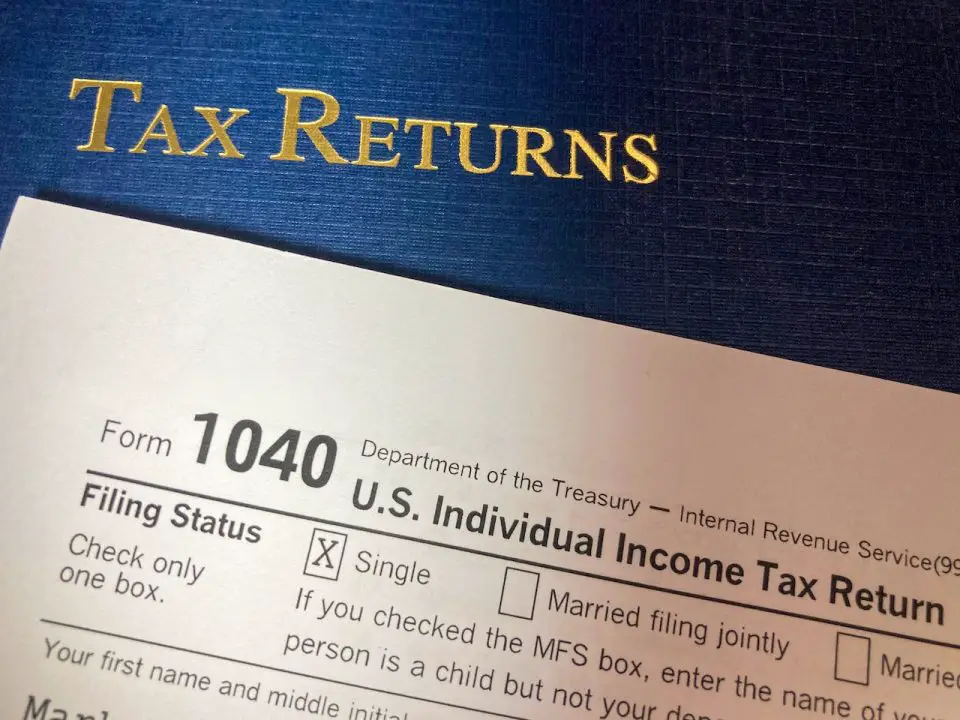As the looming threat of a federal government shutdown on October 1st casts a shadow over hundreds of thousands of federal employees, an interesting twist emerges: the Internal Revenue Service (IRS) might continue to operate without disruptions.
The IRS, responsible for processing tax returns and refunds for millions of Americans, received a substantial boost in funding in 2022, which could provide insulation against funding disputes for a certain period, according to its most recent government shutdown contingency plan.
“The IRS will not experience a lapse in appropriations,” states the IRS plan, assuring its 83,000 employees that “normal IRS operations will continue” in the event of a government shutdown.
While an updated plan for fiscal year 2024 is expected in the coming days, experts believe that the IRS’s fiscal position has not drastically changed over the past year.
Casey Burgat, from the Graduate School of Political Management at George Washington University, commented, “Someone made the calculation that the last shutdown or previous shutdowns were painful enough in a way that they didn’t have to be.”
The extra funding allocated to the IRS in 2022 was part of the Inflation Reduction Act, which earmarked billions to enhance efforts to combat tax evasion, improve customer service, and modernize outdated technology. Though this funding can be tapped during a shutdown, it doesn’t address all of the IRS’s challenges.
IRS Commissioner Danny Werfel emphasized the importance of consistent and reliable funding for the agency’s progress, both in the annual appropriations process and the maintenance of Inflation Reduction Act funding.
The IRS’s annual appropriations, its primary source of funding, remain uncertain. The House and Senate disagree by approximately $1.1 billion regarding the allocation for the IRS in fiscal year 2024. Predictions from the Grant Thornton tax advisory firm suggest that the IRS will face scrutiny during the broader spending debate.
Last summer’s debt ceiling agreement reduced some of the additional funding allocated to the IRS, leaving the agency with $60 billion.
In previous government shutdowns, the IRS was forced to significantly reduce its operations. A 2018 contingency plan outlined the furlough of nearly 90% of the agency’s employees, with some later returning to work during the prolonged standoff.
During the 2019 shutdown, IRS offices nationwide closed, causing delays in tax refunds as concerns grew over disruptions to the tax season. Taxpayers seeking assistance were met with the message, “Live telephone assistance is not available at this time,” due to staffing shortages.
With the clock ticking toward the September 30 deadline to avert a government shutdown, agencies across the federal government are revising their contingency plans. The Department of Defense and NASA have already disclosed that thousands of their workers face potential furloughs.
Yet, despite the impending shutdown, uncertainty looms in the federal government, including at the IRS, about how events will unfold if no spending deal is reached.
Margaret Weichert, former Deputy Director for Management at the Office of Management and Budget, noted that the process of shutting down is inherently political and often relies on vague laws regarding spending.
In recent years, various agencies have sought creative solutions to maintain essential operations during government shutdowns, making the process less disruptive than it might appear.
Gordon Gray of the American Action Forum remarked, “I think most people would be surprised about the fact that two-thirds of the federal workforce is on the job during a funding gap.”
As the possibility of a government shutdown becomes increasingly likely, efforts to find a bipartisan compromise to avert it seem remote. The question now shifts from whether there will be a shutdown to how long it might last. House Republicans recently attempted to delay a shutdown for a month but faced opposition from both sides, leaving the situation in uncertainty.
House Speaker Kevin McCarthy is now seeking alternative solutions to the impending crisis as lawmakers prepare for the possibility of an extended government shutdown.
Source: Yahoo Finance

